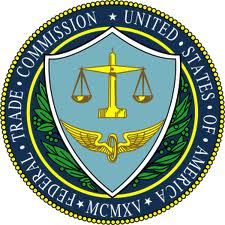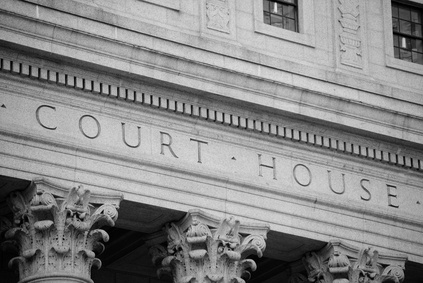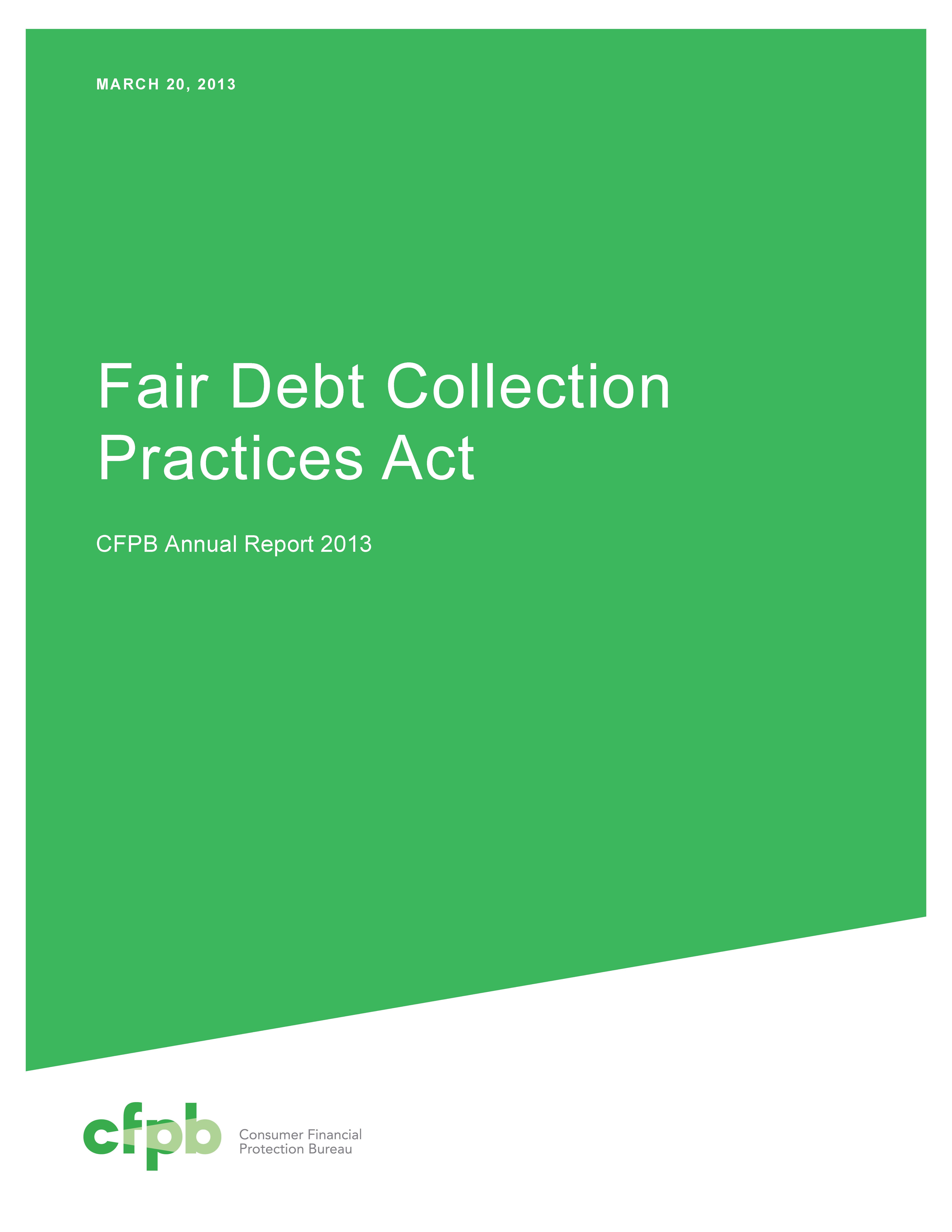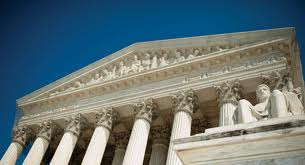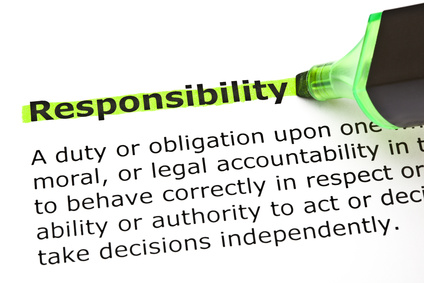The FTC has ordered the California company Skyy Consulting, Inc., which provides robocalling services to its clients as CallFire, to pay a $75,000 fine and stop all illegal telemarketing robocalls as part of a settlement between the parties. The Federal Trade Commission had charged Skyy Consulting with violating the Telemarketing Sales Rule (TSR), by helping its clients place robocalls to consumers without their written consent. The TSR does not prohibit calls that provide informational recorded messages, such as flight information, school delays, etc., nor does it apply to calls regarding the collection of a debt. Intended to stop unwanted sales…
Posts published by “Donald Maurice”
Donald Maurice provides counsel to the financial services industry, successfully litigating matters in the state and federal courts in individual and class actions. He has successfully argued before the Third, Fourth and Eighth Circuit U.S. Courts of Appeals, and has represented the financial services industry before several courts including as counsel for amicus curiae before the United States Supreme Court. He counsels clients in regulatory actions before the CFPB, and other federal and state regulators and in the development and testing of debt collection compliance systems. Don is peer-rated AV by Martindale-Hubbell, the worldwide guide to lawyers. In addition to being a frequent speaker and author on consumer financial services law, he serves as outside counsel to RMA International, on the governing Board of Regents of the American College of Consumer Financial Services Lawyers, and on the New York City Bar Association's Consumer Affairs Committee. From 2014 to 2017, he chaired the ABA's Bankruptcy and Debt Collection Subcommittee. For more information, see https://mauricewutscher.com/attorneys/donald-maurice/
I will be attending a joint FTC-CFPB roundtable on data integrity in debt collection on June 6, at the FTC’s Satellite Building Conference Center in Washington, D.C. Consumer advocates, industry experts, regulators and more will attend the roundtable to discuss what information is available to collectors and how it is being used in the debt collection process. Panelists will also examine the verification of disputed debts under the FDCPA and FCRA; debt collection litigation and time-barred debts.
In today’s FDCPA Decision of the Day, a United States District Court for the District of New Jersey held that an attorney’s letterhead, standing alone, is not an implied threat of litigation. The Plaintiff, a New Jersey resident, claimed that the defendant, a Georgia law firm, violated section 1692e(5) of the FDCPA (prohibiting “[a] threat to take any action that cannot legally be taken or that is not intended to be taken”) when it sent him a dunning letter. The basis for the claim was that the Georgia law firm could not file a lawsuit because none of its attorneys were licensed in New Jersey. “It is…
The Consumer Financial Protection Bureau today released its Annual Report to Congress on the Fair Debt Collection Practices Act (“FDCPA”). The Report outlines the consumer complaints received by the Bureau and the Federal Trade Commission relating to FDCPA practices, the Bureau’s efforts in supervising persons subject to the FDCPA, its enforcement, education and outreach efforts and its research and policy initiatives. A chapter is also devoted to the cooperative efforts of the Bureau and the FTC. Technology has played a role in making debt collection more efficient and compliant, the Report found. At the same time, “abuses still exist and the industry remains a top…
Earlier this month, Reuters reported that several state attorneys general are engaged in a coordinated investigation of the defaulted debt sales practices by some of the nation’s largest banks. Last fall, the American Banker reported that Mississippi Attorney General Jim Hood was looking at JPMorgan Chase’s debt sales practices. The Federal Trade Commission released its study last month entitled The Structure and Practices of the Debt Buying Industry. And then there are remarks recently delivered by Richard Cordray, Director of the Consumer Financial Protection Bureau (“Bureau”), at the first meeting of its Consumer Advisory Board: [A] creditor may decide to sell [a defaulted debt] to or contract with…
Today’s Decision of the Day is Vartanian v. Portfolio Recovery Associates, a Fair Credit Reporting Act (“FCRA”) opinion from the United States District Court for the Central District of California. The opinion examines the FCRA’s conflicting preemption provisions, § 1681t(b)(1)(F) and § 1681h(e), in the context of a claim arising from a person’s furnishing of information to a credit reporting agency. Section 1681t(b)(1)(F) can be read to preempt all state law claims, but at the same time others read § 1681h(e) as permitting state law claims based on willful or malicious conduct. Congress amended the FCRA in 1996 by adding § 1681t(b)(1)(F) to preempt “any state laws that imposed any ‘requirement or prohibition’…
In this March 6 decision from the U.S. District Court from the Northern District of Illinois, the court enters judgment dismissing a putative class action, holding that an assignment of only the rights to collect and sue on a debt is sufficient for purposes of §8(b) of the Illinois Collection Agency Act. Hat tip to Katrina Christakis of Pilgrim Christakis LLP in Chicago.
Those of us who engage in consumer financial services defense work are often not surprised to see some awfully strange situations on the plaintiff side of the aisle. But it recently got very strange in a case out of the United States District Court for the Northern District of Texas, as you can read below. Hat tip to Manny Newburger of Barron & Newburger, P.C. in Austin, Texas.
To suggest, as some mistakenly have, that an audio recording of the consumer’s verbal consent is arguably not a sufficient electronic signature, is simply contrary to the express definition of an an electronic signature under E-Sign and the Congressional Record made at its enactment.
In a seven to two opinion released this morning, the Supreme Court held that a plaintiff, who is unsuccessful in a claim under the Fair Debt Collection Practices Act (“FDCPA”) 15 U.S.C. 1692, et seq., can be liable for the defendant’s costs even if the lawsuit was not brought in bad faith. The opinion was delivered by Justice Thomas. Justices Sotomayor and Kagan dissented with Justice Sotomayor on the dissenting opinion. Marx concerned whether the FDCPA’s section 1692k(a)(3), which provides for an award of attorneys fees and costs if an FDCPA suit is brought in “bad faith and the the purpose of harassment,” prevents the awarding…


